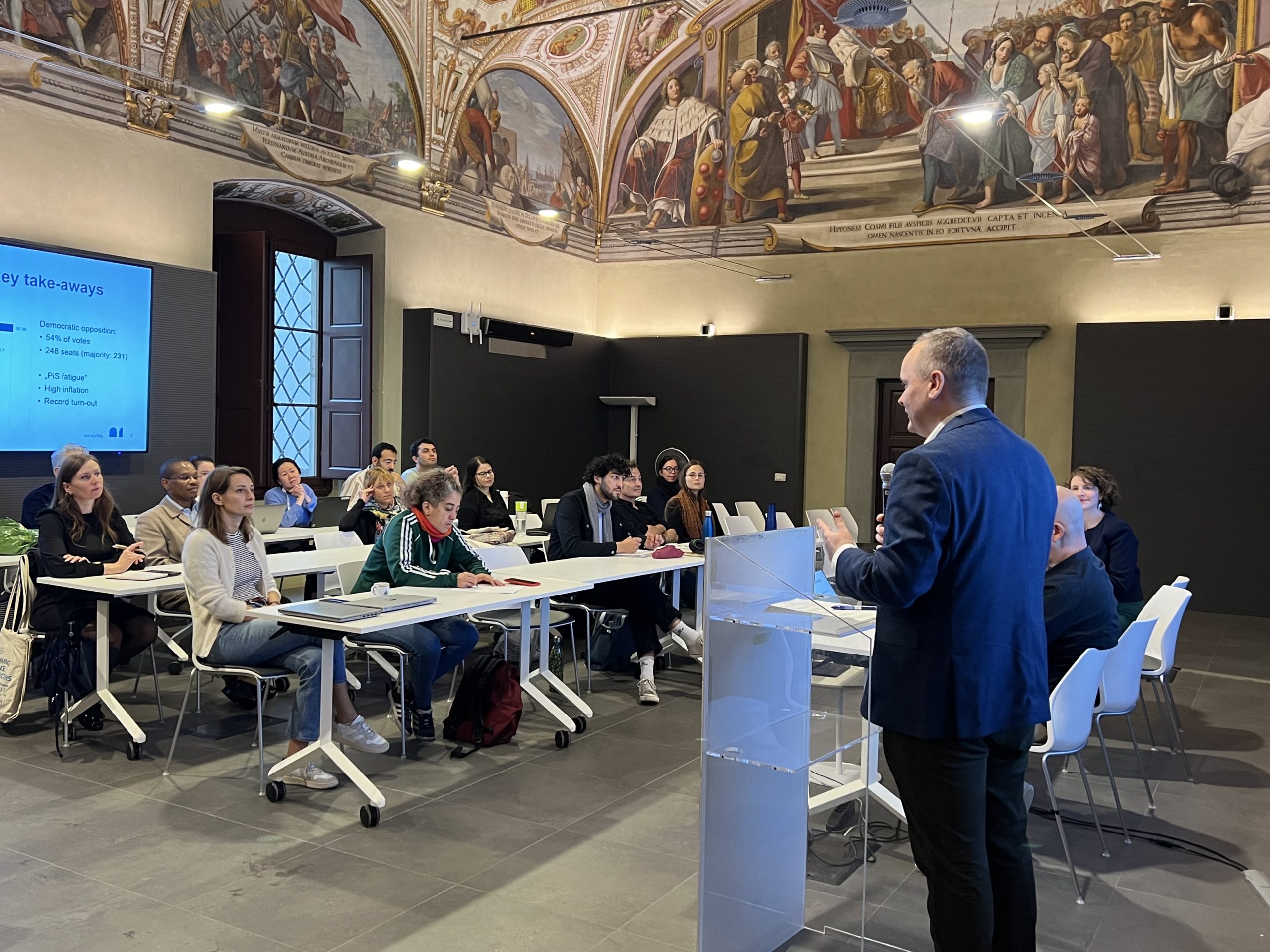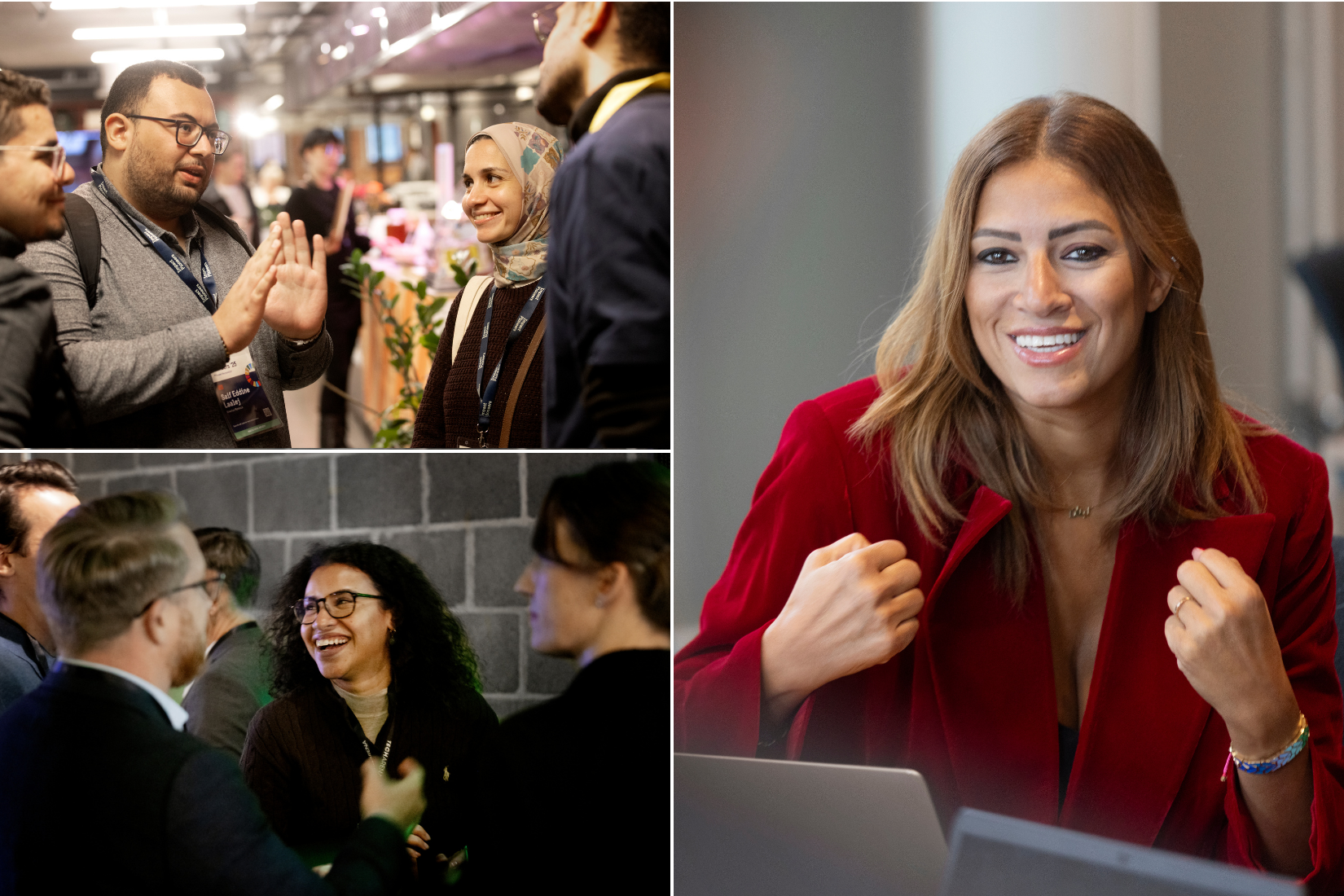
2024 EU Policy Leader Fellowship (PLF) for Mid-Career Policy Professionals (Fully Funded)
Deadline: January 25, 2024.
The Policy Leader Fellowship (PLF) at the Florence School of Transnational Governance (STG) is a residential programme for mid-career policy professionals from a range of policy fields: politics, civil service, media, non-governmental organisations and others. This unique programme is nested within one of the most renowned academic institutions in Europe and provides the fellows with an insider view into the EU policy making processes.
The fellows spend five or ten months at the STG developing policy recommendations and practical solutions for pressing issues of transnational relevance inspired and informed by their work experience. In addition, the fellows attend professional skills trainings and can freely participate in the academic life and activities of the EUI to enhance their fellowship project.
ELIGIBILITY CRITERIA
The general profile of the candidates:
- Mid-career professionals able to demonstrate solid professional experience (minimum 10 years) and potential for future excellence in a given policy area; candidates with strictly academic profile typically will not be considered.
- Self-motivated and driven, able to autonomously accomplish the activities presented under the fellowship work plan.
- Open-minded and curious individuals willing to engage in peer discussions on topics which may go beyond their area of expertise.
EVALUATION CRITERIA
- Accomplishments and potential: Professional excellence is assessed on the basis of the candidate’s contributions to a given policy field based on the CV and any other supporting evidence of the application. Minimum Bachelor’s degree or equivalent is required.
- Focus area: The candidate’s field of work should be broadly aligned with the STG programmes and faculty research areas. Other themes can be also considered but preference will be given to applicants that cover policy areas of the STG faculty and programmes.
- Fellowship work plan: Applicants are assessed on the professional substance of their work plan as well as its feasibility, applicability in a transnational policy context and potential impact.
- Motivation: Applicants should be able to articulate what difference the fellowship experience will make to their professional journey as well as what they can offer to the STG. Preference is given to applicants who can both contribute to the STG programmes and activities as well as benefit from their stay at the STG and the EUI.
- Diversity: The programme strives for thematic and geographic diversity as well as gender balance among the fellows.
BENEFITS
- Fellows must reside in the area of Florence for the duration of their Fellowship so that they can take an active part in the activities of the EUI/STG and the fellowship programme (with the possibility of short visits outside Florence and Italy). The fellowship cannot be carried out remotely/online.
- The basic grant is € 2,500 per month.
- A household allowance of up to € 300 per month is paid to a Fellow with a partner if the partner lives with them in Florence and on the condition that the partner’s income is less than € 2,000 per month. The sum of income and allowance cannot exceed € 2,000 per month (i.e. if the income is more than € 1,700, the allowance will be paid only to top up to € 2,000).
- The fellowship is not taxed by the EUI. Fellows are, however, required to comply with any other tax provisions which may be applicable to them.
- Fellows (but not their families) receive reimbursement for the incoming trip from their place of origin to Florence, and for the outgoing trip to their destination at the end of their fellowship. First-class rail (travel by car is also reimbursed on this basis) or Economy class air fare. The maximum amount for travel reimbursement amounts to €1,200 including both incoming and outgoing trip.
APPLICATION
- CV (maximum 3 pages).
- Short biography (maximum 250 words); the bio serves as a quick overview of the candidate’s profile for the selection process and will also be used for communications purposes if the applicant is accepted for the fellowship.
- Two reference letters (see separate section on reference letters).
- Copy of highest educational certificate.
- Letter of motivation (maximum 1000 words) outlining the applicant’s main reasons to apply for the fellowship, the objectives to be pursued during the programme highlighting interest in specific transnational policy issues and future professional aspirations.
- Work plan (maximum 2500 words).
Apply through the OFFICIAL LINK



